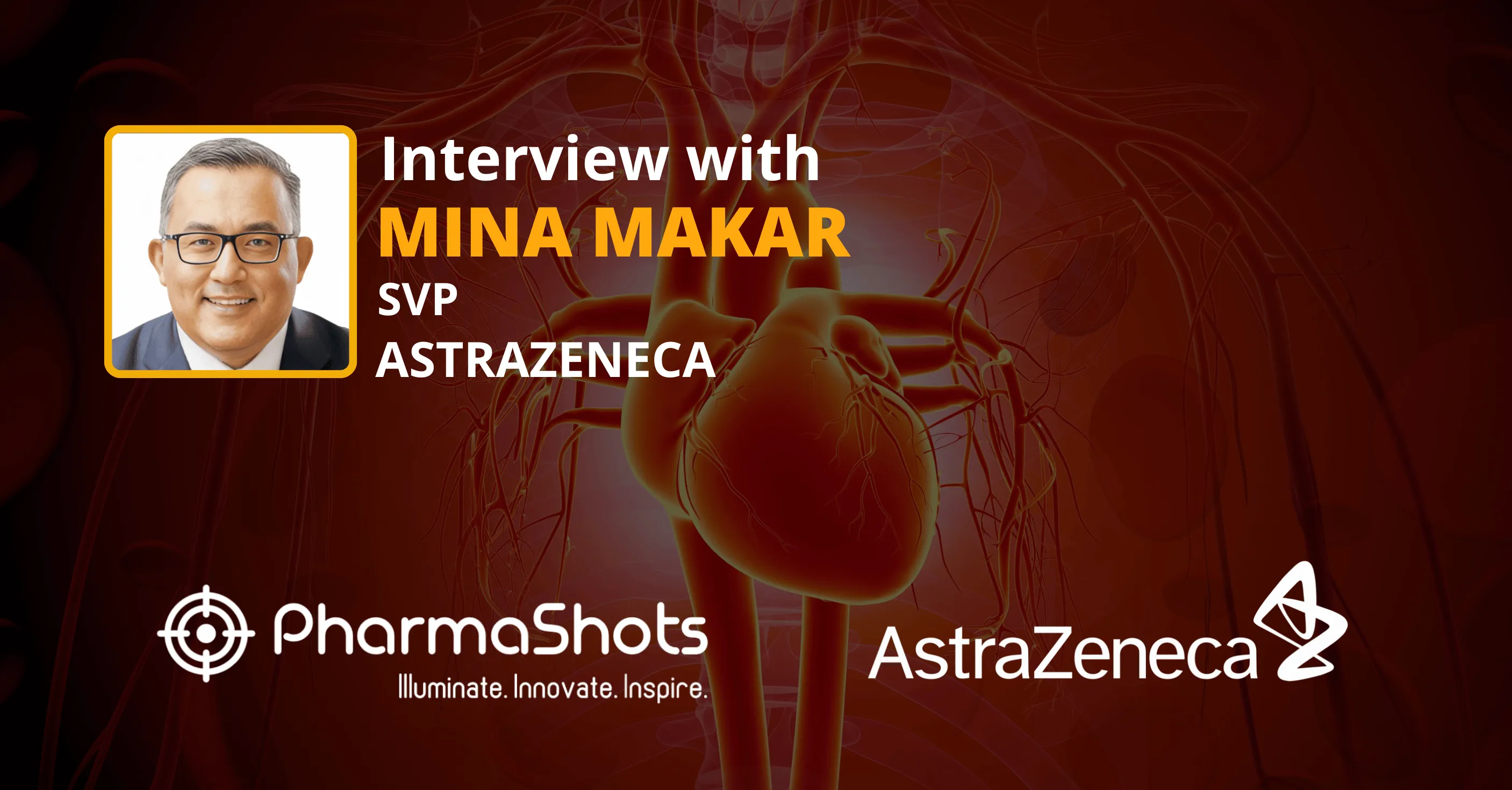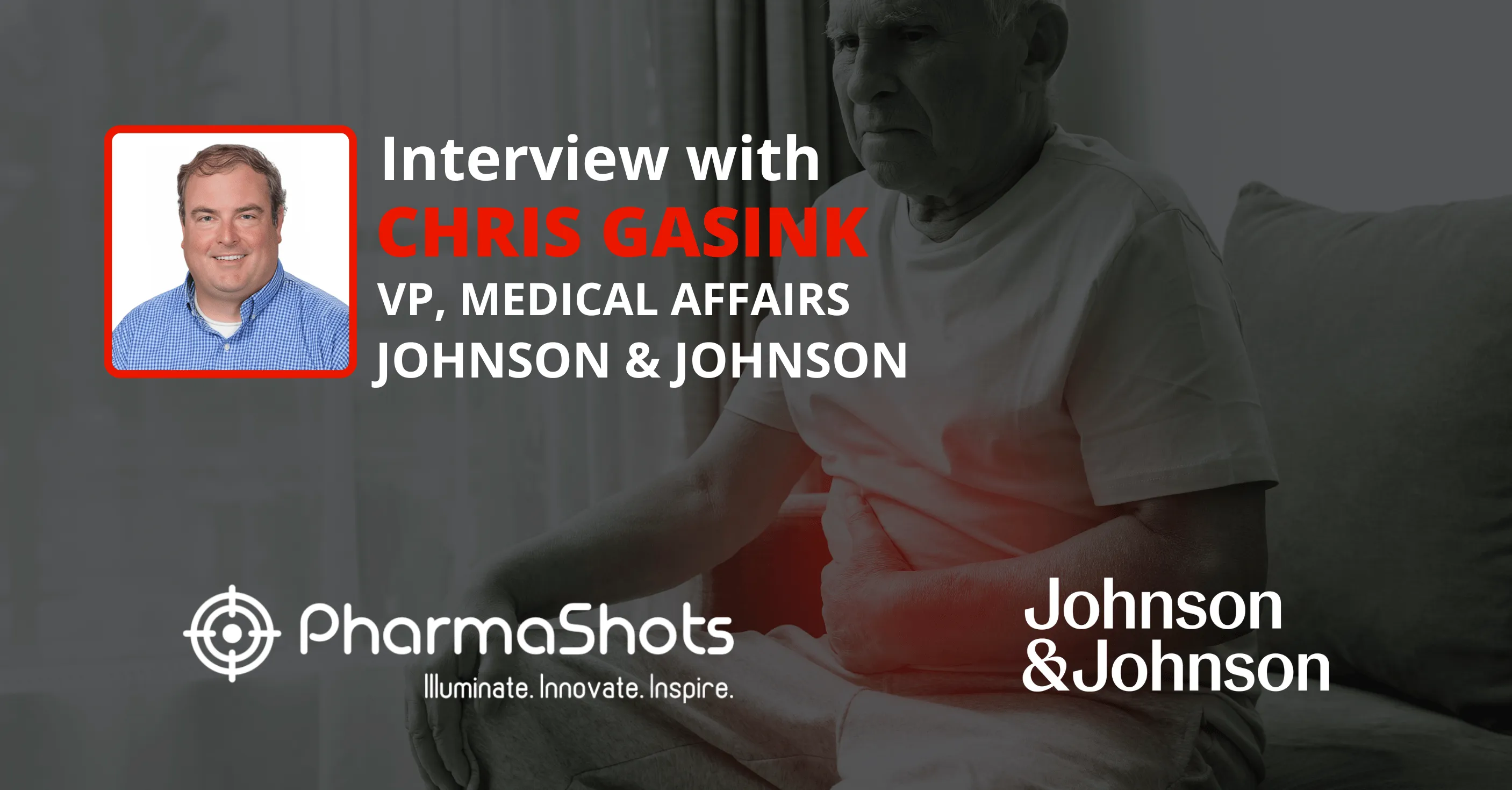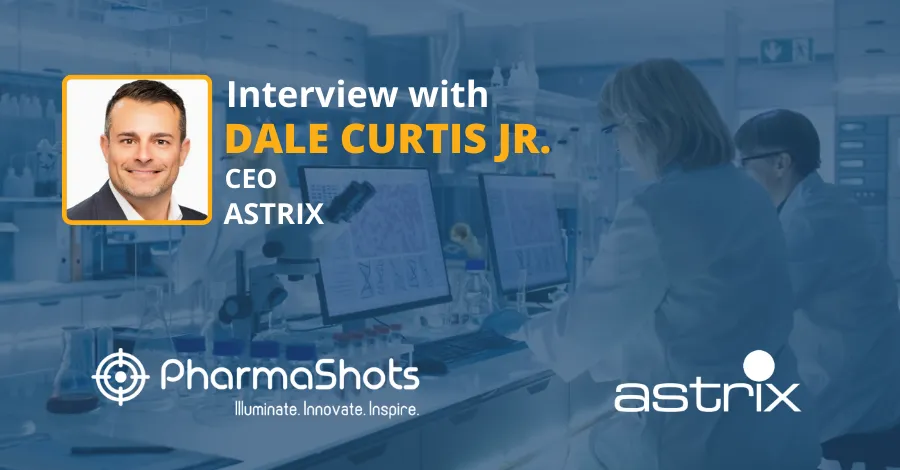
Carsten Linnemann, CEO at Neogene Therapeutics Shares Insights on the Approval of CTA for the P-I Trial of its TCR Therapy to Treat Solid Tumors
- Carsten spoke about the approval of CTA by the Dutch regulatory authority for a P-I study evaluating its TCR therapy for the treatment of solid tumors
- Carsten also emphasized how NT-125 will be different from other TCR therapies
- The interview shows the advancement of Neogene’s pipeline developing transformative TCR therapies targeting neoantigens in solid cancers
Smriti: Give the details (MOA, ROA, formulations, etc.) of NT-125.
Carsten Linnemann:
- NT-125 is an investigational, autologous, fully-individualized, multi-specific T-cell receptor (TCR) therapy targeting neoantigens for the treatment of advanced solid tumors.
- NT-125 focuses on neoantigens due to their status as clinically validated targets for T cell therapies as well as the fact that they are highly specific because they are expressed only by cancer cells and not normal, healthy tissue.
- NT-125 is designed to contain up to five distinct neoantigen-specific TCRs per patient in a single cell product of highly functional engineered T cells, allowing multiple neoantigens presented by human leukocyte antigen (HLA) class I and HLA class II molecules to be targeted with the goal to create a more impactful TCR therapy for a broad range of patients.
- NT-125 aims to maximize the depth and durability of clinical responses in a patient population with difficult-to-treat tumors and high unmet needs.
- NT-125 TCR therapy is based on TCRs isolated from tumor-infiltrating lymphocytes (TIL) obtained from fresh-frozen tumor tissue collected minimally by core needle biopsy. Our proprietary TCR isolation and selection platform use synthetic biology tools and functional genetic screens that offer major advantages with respect to throughput, sensitivity, breadth, scalability, and versatility. Selected TCRs are used to genetically engineer a patient’s own T cells, which are then infused back into the patient. Our proprietary manufacturing process enables the generation of products with a high percentage of engineered T cells and a favorable T cell phenotype.
- Neogene’s TCR therapy platform differentiates itself from others because it aims to address the challenges of scale and impact of current T cell therapies with an opportunity to increase clinical efficacy and avoid tumor escape.
Smriti: Please share the study design and enrollment criteria for the P-1 trial.
Carsten Linnemann:
- Detailed information on the study design for NT-125 is confidential.
- The Phase 1 study is currently pre-screening adult patients with various types of advanced solid tumors for enrollment in partnership with the Netherlands Cancer Institute (NKI), Amsterdam, an internationally acclaimed research institute and leading cancer clinic.
Smriti: How is NT-125 different from other TCR therapies?
Carsten Linnemann: In the design of our proprietary TCR identification and selection platform as well as our manufacturing process, our purpose was to combine features of various TIL and TCR therapeutic approaches to optimize their advantages and minimize their limitations. This resulted in the following key benefits:
Reach more solid tumor patients. NT-125 is fully personalized and therefore suitable for a broad range of patients. In addition, NT-125’s TCR identification and selection platform use a non-surgical method of obtaining material, making it also suitable for patients with tumors that are not amenable to surgical removal of the tumor or for patients who are not fit enough for such a surgery.
Potential to increase clinical efficacy and avoid tumor escape
NT-125’s TCR identification and selection platform is able to identify both Class I and II TCRs. Including both types of TCRs in NT-125 aims to increase the robustness of the T cell response after treatment. Moreover, the multi-specific nature of NT-125 (a T cell product that will contain up to 5 distinct neoantigens-specific TCRs) has the potential to prevent tumor escape, even if a particular antigen or a particular HLA molecule is lost. This is likely to lead to deeper and more durable responses.
Using biological data instead of prediction. Unlike other approaches that select TCRs based on epitope predictions, probabilities, or chemical binding to a cognate neoepitope, NT-125 comprises TCRs that have been selected based on functional data that demonstrate T cell activity against autologous antigen-presenting cells that express the neoantigens of interest in the context of HLA on their cell surface.
Neogene’s proprietary manufacturing platform routinely generates T cell products with a high frequency of TCR-engineered T cells, even in the case of a multi-specific product like NT-125, at the end of the manufacturing process.
Smriti: What study data was used for NT-125’s IND application?
Carsten Linnemann: We have worked closely with the Dutch Regulatory Authorities to submit a robust data package for our CTA application for NT-125. We will continue to partner closely with them as we progress our clinical trial for NT-125.
Smriti: When is Neogene planning to start a Ph1 study in solid tumors?
Carsten Linnemann: The clinical trial application was approved by the Dutch regulatory authorities in Q2 2022. Currently, the phase 1 study is pre-screening adult patients with various types of advanced solid tumors for enrollment.
Smriti: What are the indications within solid tumors that Neogene plans to explore for this product in the next level?
Carsten Linnemann:
- NT-125 is designed to target hard-to-treat tumors across a broad range of solid cancers
- At this time, we are focused on advancing NT-125 for hard-to-treat solid cancers and look forward to exploring its potential across other tumor types, as appropriate.
Source: Canva
About the Author:

Carsten Linnemann is the President, CEO, and a Co-Founder of Neogene Therapeutics. He has co-authored several publications in the field of genetic engineering of T cells and done seminal work on human neoantigen biology. Dr. Linnemann has been awarded numerous professional honors including the Thesis Prize from the Netherlands Society of Gene and Cell Therapy and the Antoni van Leeuwenhoek Career Achievement Award from The Netherlands Cancer Institute. Dr. Linnemann is an alumnus of the German Academic Foundation and the Boehringer Ingelheim Fonds – Foundation for Biomedical Research. He received a Ph.D. with honors for his work on engineering T cell immunity by TCR gene transfer in the laboratory of Dr. Ton Schumacher at The Netherlands Cancer Institute.

Senior Editor at PharmaShots. She is curious and very passionate about recent updates and developments in the life sciences industry. She covers Biopharma, MedTech, and Digital health segments along with different reports at PharmaShots.














